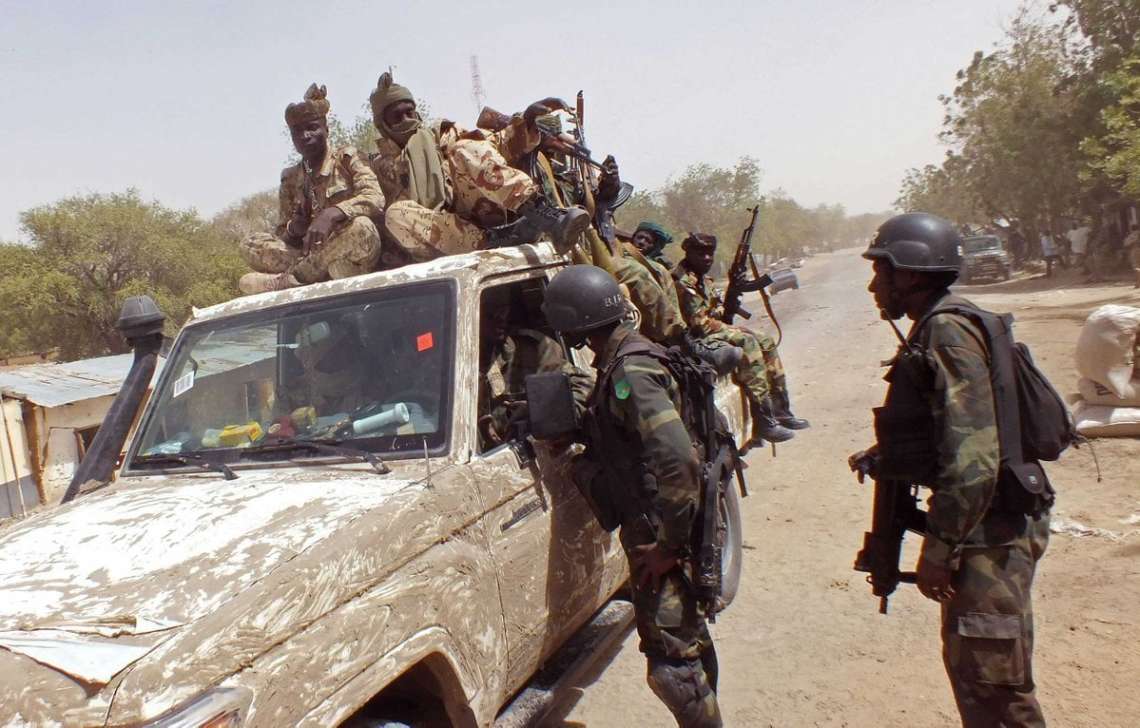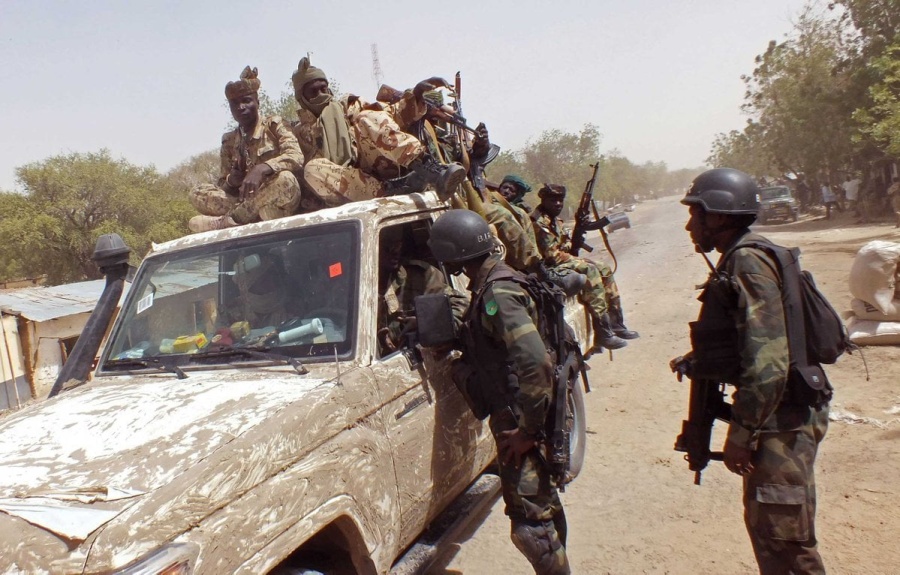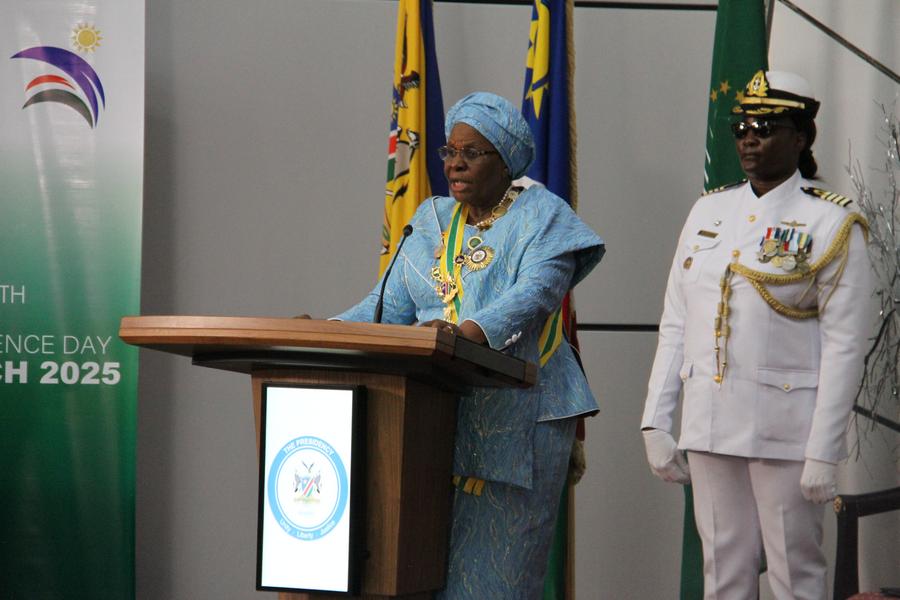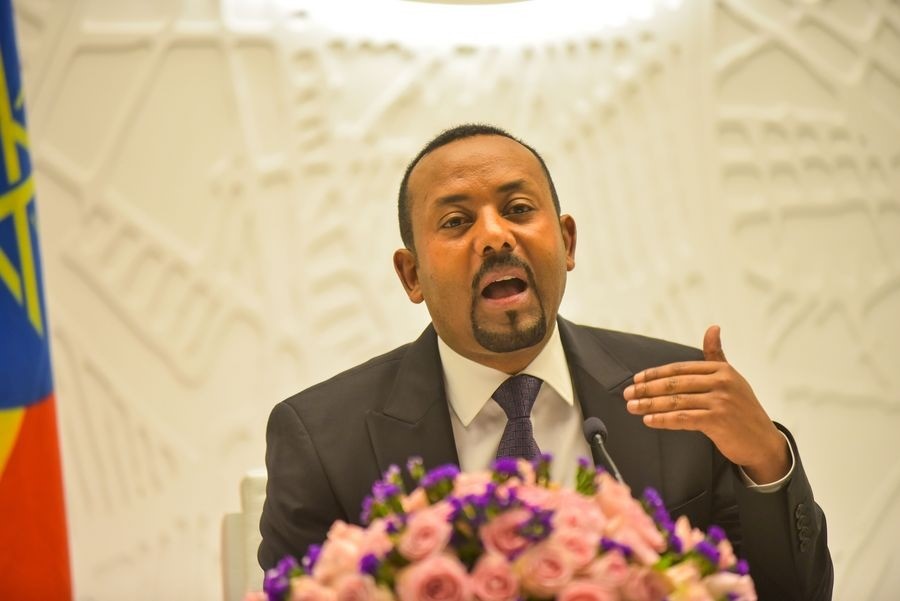Authorities have blamed the deadly attack in the town of Kokorou on the Islamic State in the Great Sahara, an ISIL affiliate
The government of Niger has declared three days of mourning following an attack on a mosque in the country’s southwest that killed at least 44 people.
The victims were killed in a “savage” armed assault in the Fambita quarter of the rural border town of Kokorou, the interior ministry said in a statement broadcast on state television on Friday. The ministry said another 13 people were wounded.
West Africa’s Sahel region has seen an uptick in violence in recent years following the rise of armed fighters linked to the al-Qaeda and ISIL (ISIS) armed groups that took over territory in north Mali after the 2012 Tuareg rebellion.
Since then, it has spread into neighbouring Niger and Burkina Faso, and more recently into the north of coastal West African countries such as Togo and Ghana.
Niger’s interior ministry said the latest attack occurred early in the afternoon as people were attending a prayer service at the mosque during the Muslim holy month of Ramadan. “The heavily armed terrorists surrounded the mosque to carry out their massacre with unusual cruelty,” it said, adding that the attackers also set fire to a local market and homes.
The defence ministry blamed the attack on the Islamic State in the Great Sahara, or EIGS, an affiliate of ISIL, in a statement late on Friday.
EIGS had no immediate reaction to the allegation. Previous attacks in Niger were claimed by al-Qaeda affiliate groups. The government has promised to hunt down the perpetrators and put them on trial.
The military-run government of Niger frequently fights armed groups in the region, and civilians are often victims of the violence. Since July 2023, at least 2,400 people have been killed in Niger, according to the database of ACLED, a non-governmental organisation that gives armed conflict location and event data.
Across the greater Sahel region that encompasses several countries, hundreds of thousands more have been killed and millions displaced as armed groups attack towns and villages as well as government security outposts.
The failure of governments to restore security contributed to two coups in Mali, two in Burkina Faso and one in Niger between 2020 and 2023. All three remain under military rule despite regional and international pressure to hold elections. Since the coups, authorities have turned away from traditional Western allies and have sought military support from Russia instead.
Earlier this year, memberships of the three West African countries of Burkina Faso, Mali, and Niger have been formally withdrawn from the 15-member Economic Community of West African States (ECOWAS), one year after the three junta-led nations jointly declared an intention to exit the regional bloc.
The ECOWAS Commission said in a statement that the withdrawal took effect Wednesday. It is a historic exit from the bloc, founded in 1975 to promote economic integration in all economic activities, particularly industry, transport, telecommunications, energy, agriculture, natural resources, commerce, monetary and financial matters, and social and cultural affairs, Xinhua news agency reported.
The commission, however, said it had decided “to keep ECOWAS’ doors open” in the spirit of “regional solidarity and in the interest of the people.” It directed, until further notice, all relevant authorities within and outside its member states to, among others, recognise national passports and identity cards bearing the ECOWAS logo held by the citizens of Burkina Faso, Mali, and Niger and continue to treat goods and services coming from the countries per the ECOWAS Trade Liberalisation Scheme and investment policy.
The commission also directed its organs to allow citizens of the three affected countries to continue to enjoy the right of visa-free movement, residence, and establishment in accordance with the ECOWAS protocols until further notice and fully support and cooperate with ECOWAS officials from the three countries in their assignments for the community.
“These arrangements will be in place until the full determination of the modalities of our future engagement with the countries by the ECOWAS Authority of Heads of State and Government,” the ECOWAS Commission said, adding that it has set up a structure to facilitate discussions on these modalities with each of the three countries.














